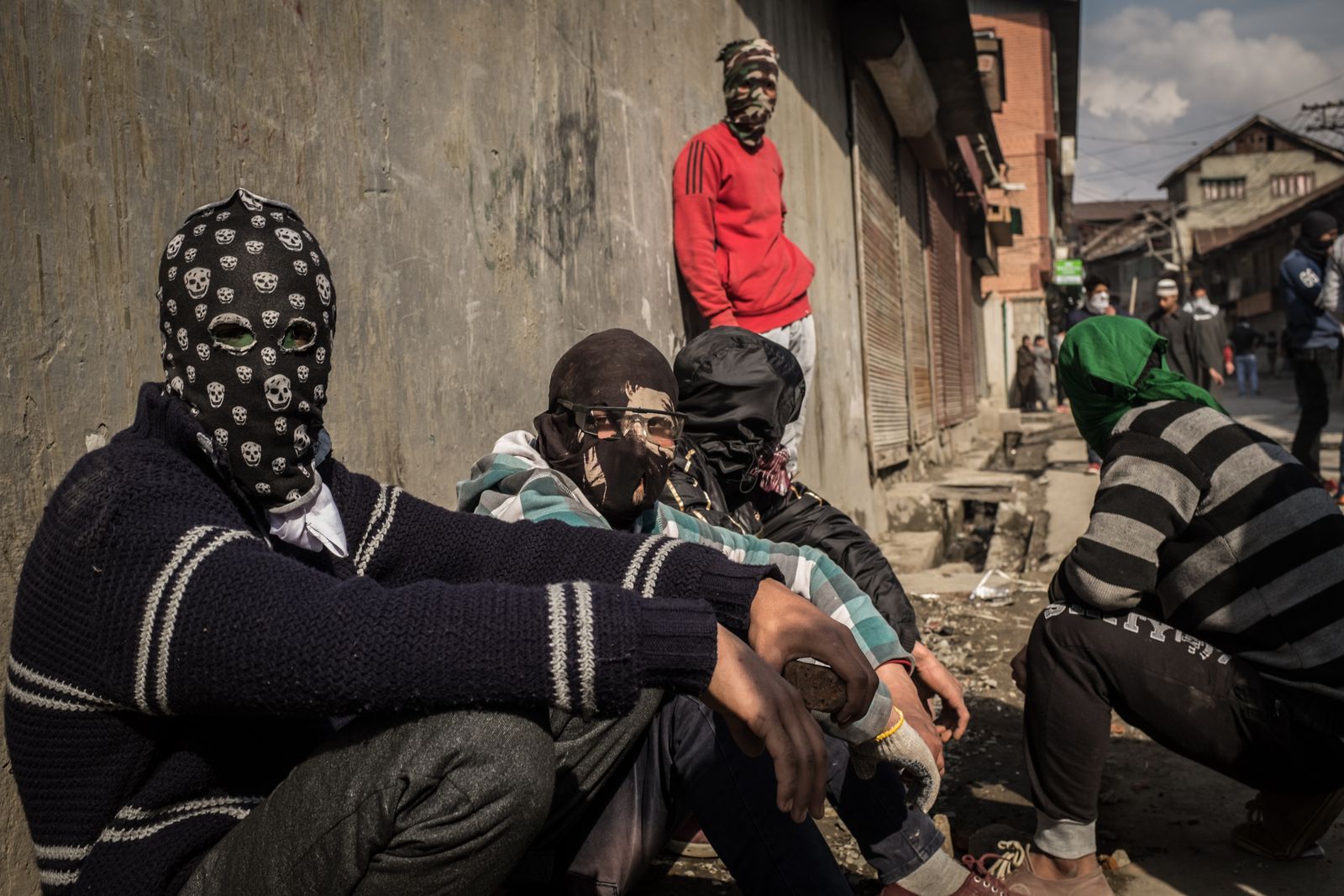The case of Kashmir: India is in the process of unilateral annexation of the region
- India has embarked on the road to the complete disautonomy and constitutional integration of the State of Cacmir, which is under its control. 370 Constitution of India. By cancelling the article, the State of Kashmir and Jammu will subdue its autonomy. Pakistan has confirmed that it will tackle this measure and that Russia has committed itself to further work.

The leaders of India and Pakistan began a few weeks ago to take steps to reduce the tension in the Kashmir region and to make a peaceful and agreed decision, but these gestures have faded by India’s decision. By presidential decree, India has decided to end the special constitutional status of Cacmir and Jammu and has adopted a unilateral path of integration.
Before taking this decision, India has made a number of moves that have increased tension: It has ordered the dispatch of an additional 25,000 military personnel to the region, cut off communications and recommended that tourists, if they can, leave.
“As soon as the president approves it and publishes it in the official press, no provisions of Article 370 will apply,” said Indian Interior Minister Amit Shah in Parliament. This decision has shocked opposition parties, while a parliamentarian has broken the Constitution as a sign of protest.
Pakistan, for its part, has ensured that it is prepared to take "any steps" to help Kashmir. The Pakistani Government has roundly condemned the Indian measure and has ensured that it will not accept the legalization of the illegal occupation of Kashmir and Khmer. The Pakistani Army has endorsed the Government's words and has ensured that it is prepared to take "any steps" in this regard.
“The Pakistani Army will continue with the Kashmiri until the end, because their struggle is legitimate,” said Pakistani Army spokesman General Asif Ghafoor.
Territorial situation of Kaxmir
Kaxmir, since 1971, has been divided into two parts. The Pakistani side is called Azad Kaxmir and the part that relies on India, Kaxmir and Jammu. According to the Constitution of India, it recognizes this region ' s special autonomy, including its own legislative system, with the exception of international relations, defence and communication.
In this article we briefly explain the details of this conflict.
Kaxmirren dozenaka milaka lagun atera dira kalera astelehenean, lurraldean Indiak duen agintea salatzeko. Igande gaudean soldadu indiarrek lau zibil eta ustezko bi militante hil dituzte tiroz, errepide kontrol batean Democracy Now gunean jaso dutenez.











